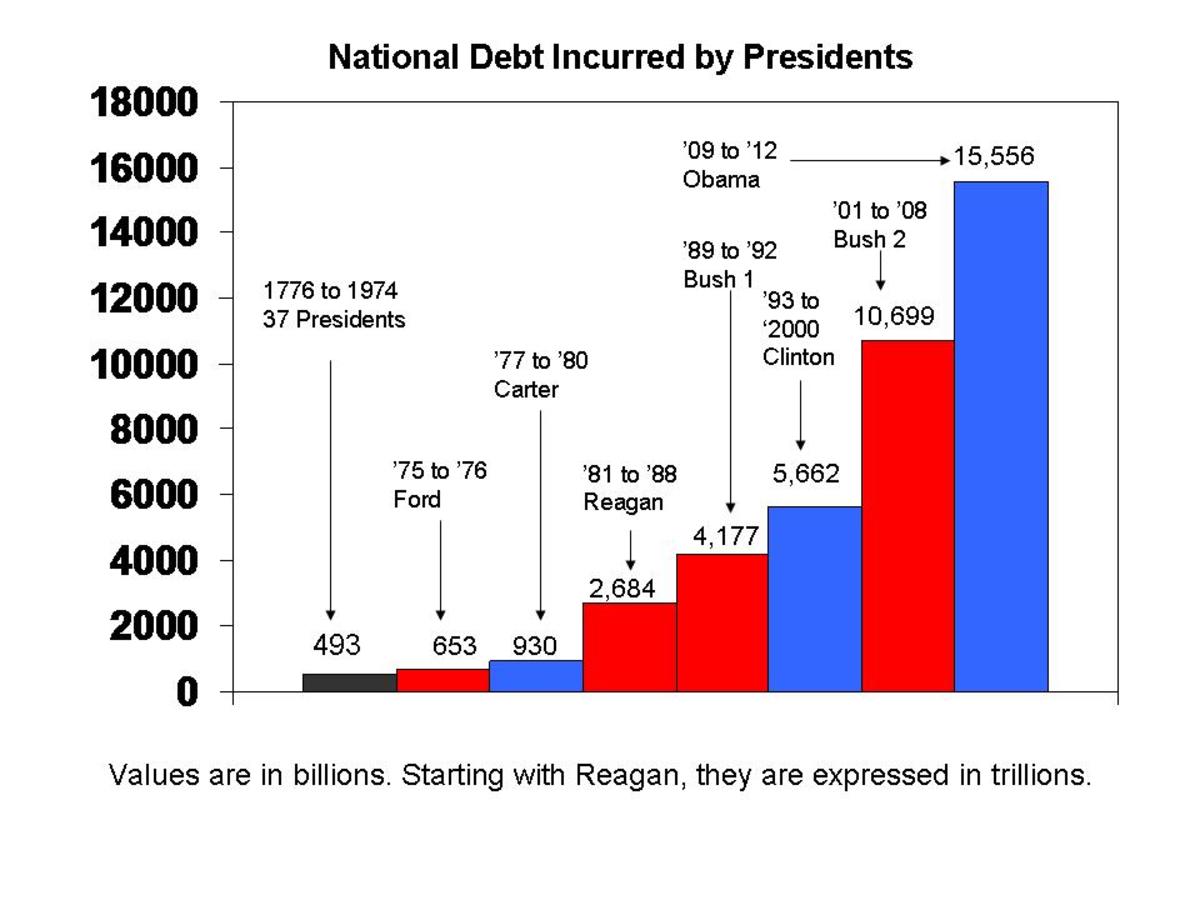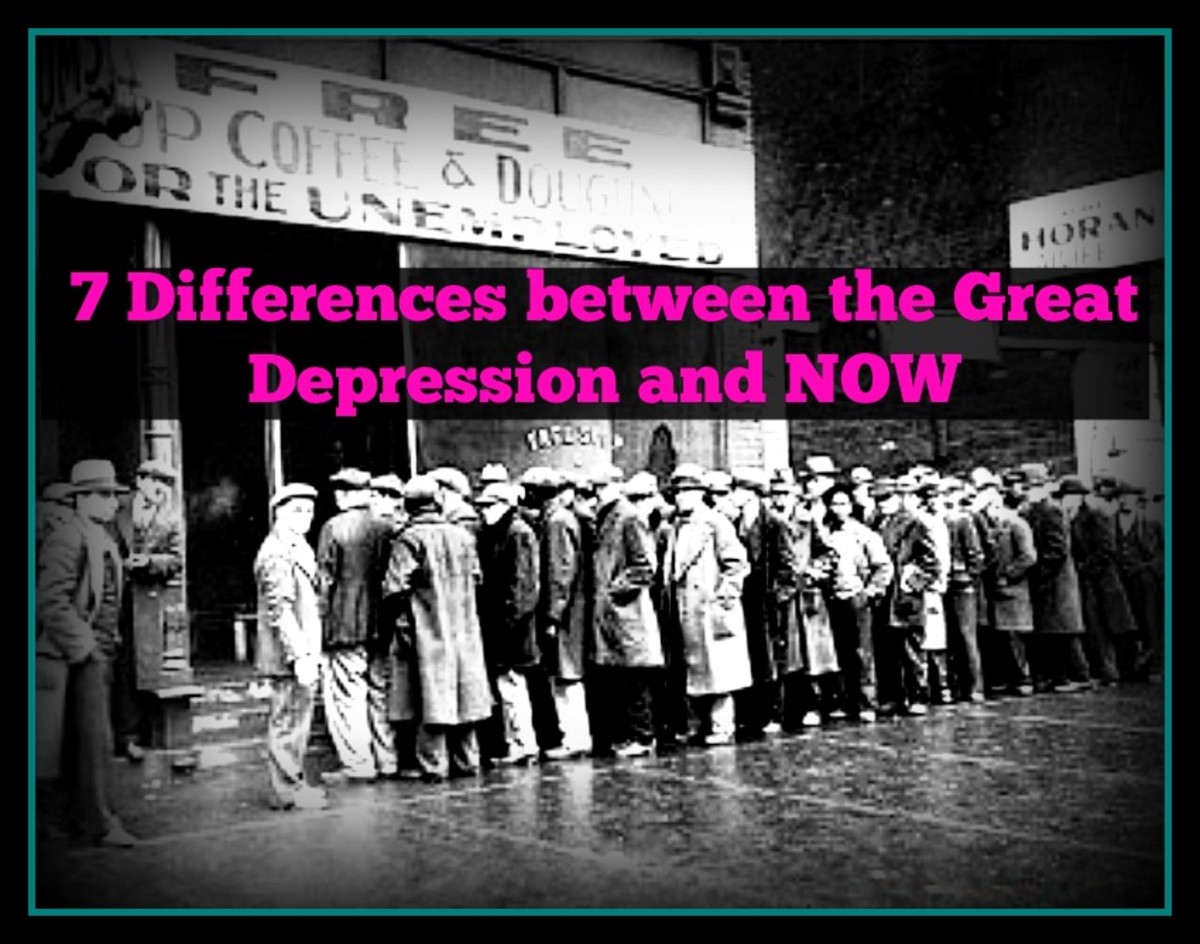Changing our Attitude about Government and Debt

“….a wise a frugal Government, which shall restrain men from injuring one another, shall leave them otherwise free to regulate their own pursuits of industry and improvement, and shall not take from the mouth of labor the bread it has earned. This is the sum of good government, and this is necessary to close the circle of our felicities.” Thomas Jefferson, 1801.
Before the US debt and economy can be addressed, we first need to change the current attitude about the role of government. To be blunt, as a nation, we need to make a decision. Do we want to once again become an economic powerhouse? Or do we wish to join the various European nations as a has-been superpower? And if we choose the first, are we ready to make the choices necessary to regain our edge? Following in Europe’s footsteps is pretty easy, as we are almost there already.
In theory, going back to the heyday of American economic prowess is easy. Get government out of the way of business and cut taxes to allow people the freedom to spend their money as they see fit. But in practice it is much more complicated than that. Everyone seems to have their own little pet government project that can’t be touched. When polled, Americans almost universally want to see the national debt reduced and spending cut. However, nobody wants to see “their” program cut….and there lays the problem. Until we get away from this “don’t touch mine” attitude, we can’t solve this debt crisis. Until we, as a nation, accept the fact that government handouts need to be a thing of the past, we will not solve our debt and economic problems.
I believe that we must return to the Founding Father’s attitude about public debt. As a rule, the Founder’s detested public debt, and one of the first tasks of the new nation was to pay off the national debt. Big government advocates often try to justify their huge debts by pointing to Alexander Hamilton, who had said “a national debt, if not excessive, will be to us a blessing” (they seem to ignore the “if not excessive” part). However, what Hamilton was referring to was to use the paying of our national debt as a way to bolster the credit worthiness of the new nation; he was in no way condoning the lack of fiscal responsibility that we see today. Remember, by the time Andrew Jackson became President, the nation had not only paid off the Revolutionary War debt, but had also paid off the Louisiana Purchase!
We need to change our attitude about government for more reasons that debt and economy. For me, the American way of life is to be centered around the concept that you can succeed or fail on your own. Government is to leave people alone to use their God-given talents and pursue whatever industry suits them. That is not the America of today. It seems that every business is managed in some way, shape or form by the government. (If you want to check out an interesting book, read “Everything I Want To Do Is Illegal: War Stories From the Local Food Front” by Joel Salatin. It is a sometimes funny tale of a man whose every business idea for his farm is thwarted by the government.) This is not what I was raised to believe America was all about.
Consider the citizens of the thirteen colonies in the 1760’s and 70’s. While they were subjects of England, they generally enjoyed greater freedom than we do today. They could start any business that they wanted and generally the government let them fail or succeed on their own. The colonies were THE land of opportunity. How would the colonists and founding fathers view our nation today? These men and women went to war over a tax on tea and stamps, so what would they think about a nation that taxes its citizens to the extent that we do today?
The fire of ambition that our colonial ancestors had seems to have been extinguished today, and we need rekindle that flame. I believe much of that ambition had to do out of pure necessity; nobody was going to do the work for them. I would think that standing one meal away from starvation is an incredible motivating factor. Perhaps it is a time to force these kinds of motivating factors on those who put no effort into supporting themselves. I in no way wish to see someone starve and I feel a moral obligation to help those in need. However, I for one am tired of paying to help those who would not help themselves. And I have met so many Americans who feel the same way. I friend of mine who runs a small business that his father started from nothing recently commented to me “I’m glad that Dad passed away a few years ago. I do not think that he could stomach living in a country where people are afraid to go to work.”
If we, as a nation, begin to make the hard choices to get our debt and expenses under control, I am sure that we will see people, groups, and companies very unhappy. For far too long, many have fed at the public trough and will not be happy about the forced fast. As I write this, there are protests in the capitals of Ohio, Indiana, and Wisconsin, all stemming from the fact that these states are trying to put their fiscal houses in check. But if we are to thrive as a nation, these changes are as inevitable as they are necessary.









